The MND Association Campaigning Toolkit offers guidance for the Association’s campaigners and volunteers on running different campaign events and activities, and arranging meetings with key political decision makers and health organisations.
The campaigning toolkit is the result of a collaboration between Katy Styles, one of the Association’s many dedicated Campaigns Volunteers, who volunteers for East Kent group, and the Campaigns team.
The pack includes eleven factsheets, which outline a variety of different lobbying techniques. These range from information about meeting with members of Parliament, and members of the Welsh or Northern Ireland Assembly, to hosting public meetings and demonstrations, and the effective use of social media by branches, groups and individuals.
Each factsheet provides a step-by-step guide, and the practical input our national and regional staff can offer throughout the process to ensure our campaigns volunteers are supported in the best possible way.
Please feel free to download and use the toolkit factsheets to support in your voluntary campaigning across the regions, and nations. All feedback on the toolkit is appreciated and can be sent directly to our Campaigns Team.
The resource is fully downloadable below. Hard copies can also be ordered from our Campaigns Team: [email protected]
View and download each resource
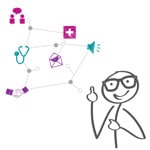
Welcome! The Campaigning Toolkit includes factsheets on a range of campaigning and influencing ideas, and provides you with some useful resources.
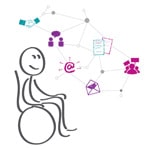
Meeting with councillors - factsheet
Councillors are elected to represent their communities and make decisions about how local money is spent on services. As such, it is important councillors understand the needs and concerns of people with MND and their carers.
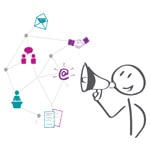
Meeting with Members of Parliament (MPs)
Organising a meeting with your MP is one of the most effective ways of communicating your campaign message, and helps in persuading those with decision making power to change things.

Meeting with Members of the Senedd (MSs)
Organising a meeting with your MS is one of the most effective ways of communicating your campaign message, and helps in persuading those with decision making power to change things.

Meeting with members of the Northern Ireland Assembly (MLAs)
Organising a meeting with your MLA is one of the most effective ways of communicating your campaign message, and helps in persuading those with decision making power to change things.

Craftivism (craft and activism) can involve creating bunting, flyers, stickers, t-shirts, badges, biscuits/cupcakes, or placards and banners for campaign rallies. Essentially it is any and all creative parts of campaign actions.
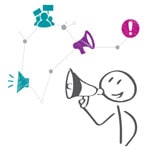
Demonstrations are usually the culmination of a campaigner's activity all in one event – they are a high profile technique, and often employed when other campaigning activities have been exhausted and not achieved the desired campaign outcome.
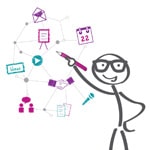
Having a stall at an event is a great way to promote your campaign to members of the public. It enables you to talk to your local community at places such as hospitals, hospices, local charity events and shopping centres.
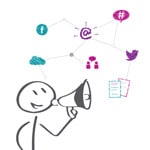
Your local media can help spread news of your campaigning activity to thousands of people across your region, harnessing more support and interest. Radio stations, newspapers and magazines might even pick up the cause and join in.

Social media can be a powerful campaigning tool. By connecting with the Twitter and Facebook accounts of the MND Association, our volunteers and local/national decision makers, you stay up to date with activity and news relating to MND and campaigning. It also provides the perfect platform to publicise your own events, activities and meetings.